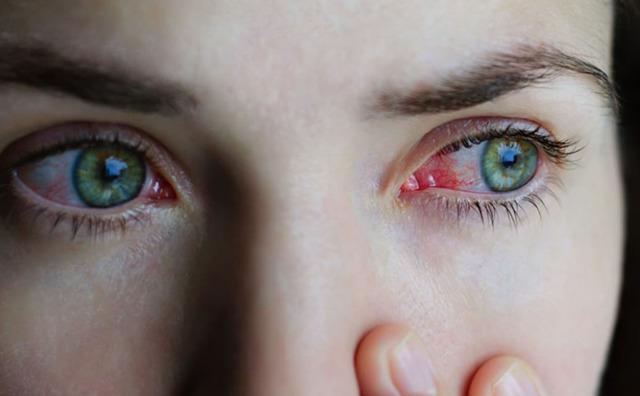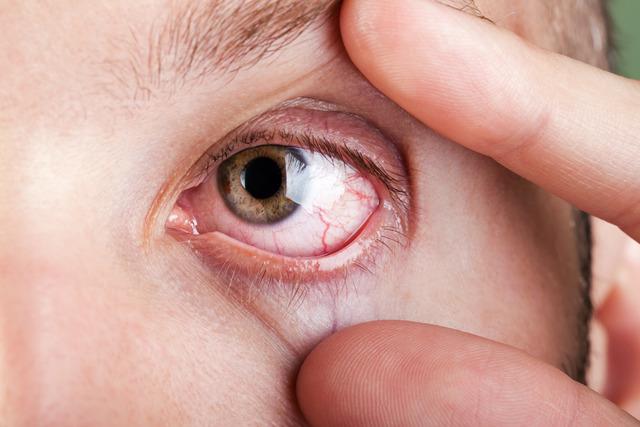Eye Health and Diseases Specialist Dr. Mustafa Nil, on the occasion of 10 October World Sight Day, information was provided about diseases that cause vision loss.
Expert states that vision is the ability of a person to distinguish the shapes, locations, colors and brightness of objects through visual physiology. Dr. Nil said, “The physiology of vision includes the eyeball, the pathways between the eye and the brain, and the visual centers and auxiliary centers in the brain. The data coming from the eyeball creates an image in the primary visual cortex located at the back of the brain, and the image is interpreted in this region. Vision loss can occur as a result of any disease or trauma in these areas or roads. “We cannot directly call every decrease in vision a vision loss,” he said.
“REASONS FOR VISION LOSS”
Referring to the situations that cause vision loss, Specialist. Dr. Nil said, “Legal vision loss or blindness is when a person’s vision remains below 10 percent despite correction with contact lenses or glasses, or when the field of vision remains below 20 degrees when viewed with a visual field device. Causes of vision loss can lead to temporary vision loss or permanent vision loss. “Situations such as blockage in the brain vessels, temporary contractions in the intraocular vessels, migraine attacks, and mild intraocular bleeding can lead to temporary vision loss,” he said.
“BEWARE OF SUDDEN VISION LOSS”

Specialist stated that if vision loss does not return within 24 hours, it is called “permanent vision loss”. Dr. Nil said, “Here, cases in which vision gradually decreases attract more attention. For example, cataracts, refractive errors, retinal diseases, diabetic retinopathy, age-related macular degeneration and glaucoma can be given as examples. “Clogging in the eye vessels, intraocular bleeding due to trauma or disease, painful glaucoma crisis, and painful corneal edema in the front layer of the eye can cause sudden vision loss,” he said.
“INDIVIDUALS AT RISK”

Talking about individuals at risk of vision loss, Expert. Dr. Nil shared the following information: “Those with hypertension, diabetes, clotting problems related to blood elements, some neurological diseases such as Multiple Sclerosis, and some rheumatic diseases such as Behçet’s are at risk of decreased vision and vision loss in the future. “In addition, vision loss may occur in cases such as high levels of alcohol use and long-term use of some drugs.”
“IT MAY BE GLAUCOMA”

Specialist also talked about glaucoma. Dr. Nil said, “Glaucoma is the gradual damage of the optic nerve at the back of the eye as a result of the increase in intraocular pressure, called eye pressure. Glaucoma is an insidious disease that progresses slowly and is detected during routine eye examinations, most of which are asymptomatic. “If it is detected during the early stages, it responds to medical treatment with eye drops, but in the late stages it may require laser intervention or glaucoma surgery,” he said.
“A PERSON WITHOUT EYE PROBLEM SHOULD BE EXAMINED EVERY 2 YEARS”

Expert explains how often eye examination should be done. Dr. Nil concluded his words by saying, “A person who does not have an eye problem can have an eye examination regularly every 2 years, but those with a refractive error or disease may need to have an eye examination every 6 months, or even every 3 months depending on the stage of the disease.”
(UAV)
